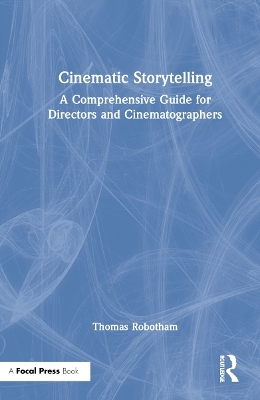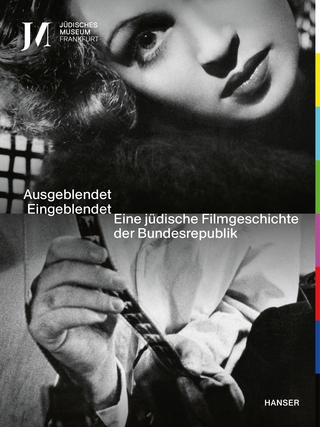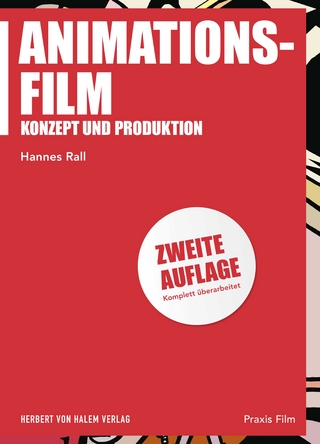
Cinematic Storytelling
CRC Press (Verlag)
978-0-367-53142-3 (ISBN)
All the analysis, interpretation, and creative decision making is done first, with shots derived as the very last step. Scripted material is divided into six categories with associated patterns. Like cinematic building blocks, these can freely stack up and interconnect, supporting creativity and avoiding rigid formulas. This approach enables filmmakers to tap into the film "language" that audiences already understand and put it to practical use, helping the audience to feel the storytelling deeply. Dozens of film examples are provided throughout, plus conceptual and camera diagrams to contextualize the methods presented, and exercises are provided to reinforce concepts. Emphasis is placed on supporting performance and story meaning through a cinematic context. With all the concepts and decision-making options described and shown in examples, a scripted scene is analyzed and developed through an eight-step process, illustrated with storyboard, camera diagrams, and ultimately shot list descriptions.
The book is ideal for filmmaking students interested in directing and cinematography, as well as aspiring and early-career filmmakers, cinematographers, and directors.
Thomas Robotham teaches screenwriting, filmmaking, and cinematography. He is currently Affiliated Faculty at Emerson College, and Director of Photography (DP) in the International Cinematographers Guild. He holds a patent in light-emitting diode (LED) lighting for film and video. Thomas has also worked as a Creative Director (advertising) and as a fine artist (sculpture). www.robotham.com
Chapter 1: What is cinematic storytelling?, Chapter 2: Foundations in the script, Chapter 3: Coverage defines attention, Chapter 4: Cinematic thinking, Chapter 5: Patterns for Character Actions, Chapter 6: Patterns for Character Looks, Chapter 7: Patterns for Dialogue – structure, Chapter 8: Patterns for Dialogue – examples, Chapter 9: Patterns for Settings, Chapter 10: Patterns for Objects, Chapter 11: Patterns for Evocative Imagery, Chapter 12: Patterns and movement, Chapter 13: Scene shaping and interconnections, Chapter 14: Developing the coverage plan, Reference Materials
| Erscheinungsdatum | 27.08.2021 |
|---|---|
| Zusatzinfo | 12 Line drawings, black and white; 68 Halftones, black and white; 80 Illustrations, black and white |
| Verlagsort | London |
| Sprache | englisch |
| Maße | 152 x 229 mm |
| Gewicht | 630 g |
| Themenwelt | Kunst / Musik / Theater ► Film / TV |
| Geisteswissenschaften ► Geschichte | |
| Sozialwissenschaften ► Kommunikation / Medien ► Medienwissenschaft | |
| ISBN-10 | 0-367-53142-9 / 0367531429 |
| ISBN-13 | 978-0-367-53142-3 / 9780367531423 |
| Zustand | Neuware |
| Haben Sie eine Frage zum Produkt? |
aus dem Bereich


